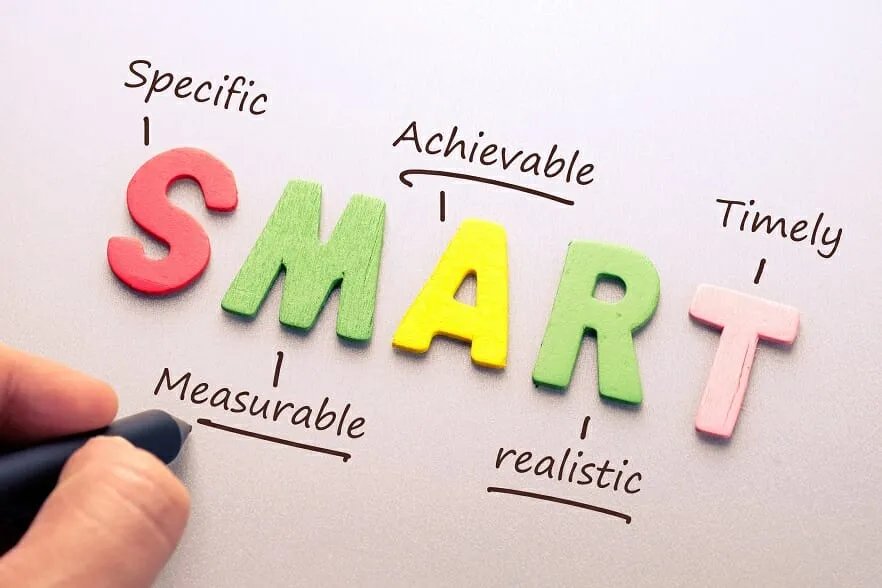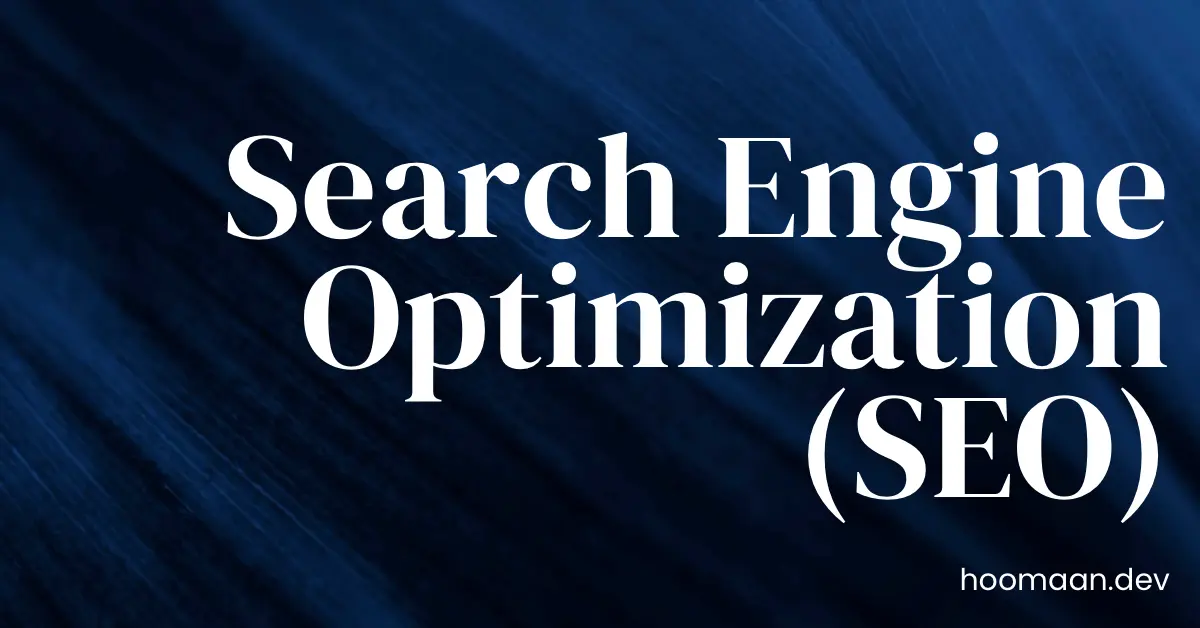Table of Contents
The majority of online experiences involve search
68%
of online experiences begin with a search engine.
53%
of all website traffic comes from organic search.
93%
of global traffic comes from Google Search, Google Images, and Google Maps.
What is SEO?
SEO stands for search engine optimization, which is a set of practices designed to improve the appearance and positioning of web pages in organic search results. Because organic search is the most prominent way for people to discover and access online content, a good SEO strategy is essential for improving the quality and quantity of traffic to your website.
Google cares about E-A-T
E-A-T stands for:
- Expertise
- Authoritativeness
- Trustworthiness
Read this article to know more about E-A-T and how it works:
https://terakeet.com/blog/what-is-eat/
- SEO is ongoing and cumulative. There is no silver bullet or quick fix.
- SEO is not a short term tactic, it’s a long term strategy.
How does content rank in search engines
- Crawling
- Indexing
- Ranking
Build discovery(crawling) and relevance(indexing) by creating lots of high quality content on the topic you want to be known for.
Build authority(ranking) by getting lots of high-quality links to your website.
The search engines' bots 🤖 role:
- Discover your content by crawling it.
- Decide how relevant your content is by indexing it (based on signals like keywords).
- Rank your content in search results based on your site SEO authority.
Authority directly impacts ranking strength.
HubSpot Academy Tweet
How do you determine authority?
- The content is talked about a lot.
- The content is referred to a lot.
- The content is cited in other works (Similar to getting backlinks).
Discovery, relevance and authority are dependent on one another
HubSpot Academy Tweet
SMART Goals

SMART goals are:
- Specific: Well-defined, clear and unambiguous
- Measurable: With specific criteria that measure your progress toward the accomplishment of the goal
- Achievable: Attainable and not impossible to achieve.
- Realistic: Within reach, realistic, and relevant to your life purpose.
- Time-bound: With a clearly defined timeline, including a starting date and a target date. The purpose is to create urgency.
What are KPIs?
Key Performance Indicators are the critical indicators of the progress toward an intended result.
Important indicators to consider:
- Organic Traffic
- Keyword Ranking
- Conversion Rate
- Bounce Rate
- Page Load Time
- Backlinks Built
Focus on the user - don't focus on "doing SEO" and checking boxes off for the sake of it.
HubSpot Academy Tweet
Website's SEO authority
Measuring authority comes down to link volume and quality.
What is a backlink profile?
A list of all the sites currently linking to your website (Including how they are linking to it and which pages they are linking to)
What does a backlink profile measure?
- The number of inbound links to your website.
- The number of unique domains that link to your website.
- The quality of those links.
Tools to analyze your website's backlinks
- 🔗 Majestic SEO backlink checker and link building toolset.
- 🔗 ahrefs, an all-in-one SEO toolset, with FREE learning materials and passionate community and support.
- 🔗 SEMRUSH, an online visibility management platform.
- 🔗 MOZ, an SEO software for smarter marketing with FREE SEO learning materials.
Measuring your website's authority will help you improve your rank in search.
HubSpot Academy Tweet


